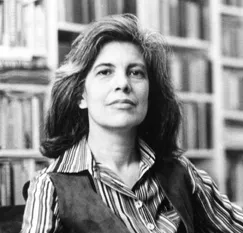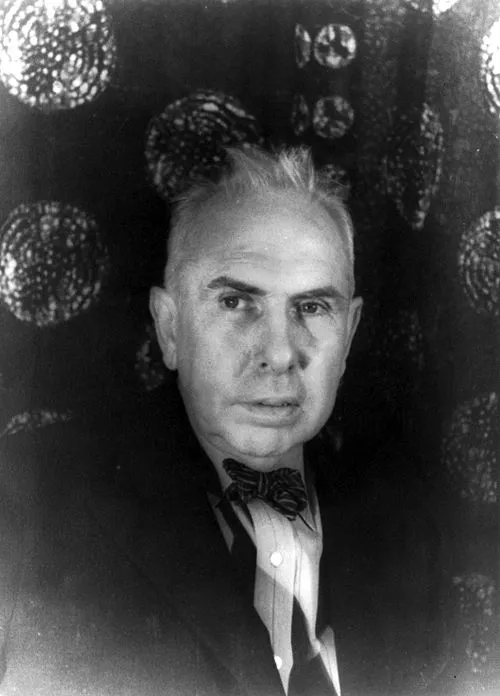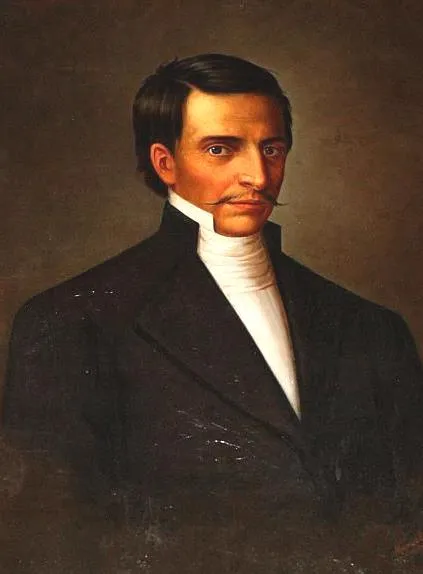
Name: Susan Sontag
Nationality: American
Profession: Novelist, essayist, critic, and playwright
Birth Year: 1933
Year of Death: 2004
2004 – Susan Sontag, American novelist, essayist, critic, and playwright (b. 1933)
On a seemingly ordinary day in 2004, the literary world felt a tremor that rippled through the hearts of readers and thinkers alike. Susan Sontag, an indomitable force in American literature and criticism, took her final breath. However, to merely state her date of death belies the impact she had on literature and culture over several decades.
Born in 1933 in New York City, Sontag emerged into a world teeming with artistic revolution. She was not simply born; she was ignited by the very essence of mid-20th-century thought an era brimming with existential questioning and avant-garde exploration. As a child prodigy, she excelled academically at an early age, yet perhaps her most formative experiences came from family tumult and cultural dislocation. Growing up during World War II instilled in her a keen awareness of suffering a theme that would haunt much of her later work.
Ironically, despite this tumultuous upbringing filled with uncertainty and displacement her family faced financial hardships she sought refuge within books. At 15 years old, she enrolled at the University of Chicago but soon transferred to Harvard University after earning scholarships that acknowledged her brilliance. Who knows how many nights she spent hunched over paper under dim lighting or lost within pages filled with radical ideas? Those moments were indeed stepping stones for Sontag’s future as one of America's most celebrated essayists.
Sontag's initial foray into writing wasn’t through novels or grand literary projects but rather through essays that captured the complexities of human experience. Her collection "Against Interpretation," published in 1966, sent shockwaves across intellectual circles by challenging traditional interpretations and advocating for deeper emotional engagement with art. Ironically enough, while this collection stirred controversy among critics who felt threatened by its audacity her audience expanded exponentially! In retrospect, it could be argued that this marked not just a career beginning but also an entire genre's evolution as more writers began exploring personal perspectives instead of adhering strictly to established norms.
The vibrancy of her prose was paralleled only by her fierce opinions on social issues; one might argue that few figures dared to confront both art and politics as bravely as Sontag did. Her iconic essay “Notes on ‘Camp’” transformed what could have been seen merely as frivolous aesthetics into profound philosophical discourse about taste a subject often overlooked or trivialized! In these essays lay insights pertinent even today: they beckon us to examine our engagements with media critically while unearthing layers beneath surface-level enjoyment.
However compelling these early successes may have been they did not come without personal cost. Perhaps driven by an insatiable desire for understanding life’s intricacies or perhaps spurred on by societal expectations Sontag wrestled publicly with health issues throughout much of her career after being diagnosed with cancer multiple times. Nevertheless... she remained resolute! Even during treatments interspersed between speaking engagements across continents a testament to sheer willpower she continued writing poignant pieces exploring illness itself alongside broader existential themes.
It wasn't merely academic prowess fueling Sontag's ambitions; there was something raw about how deeply interconnected they were woven into humanity's fabric! For instance: The haunting imagery found within “Illness as Metaphor” (1978) effectively illustrated society's relationship toward disease; an indictment against stigmas shrouding ailments like tuberculosis or cancer that led individuals toward isolation rather than empathy.
This unflinching honesty permeated every aspect of Sontag’s life from friendships grounded upon intellectual stimulation to romantic entanglements rich in complexity and ultimately resonated deeply amongst those navigating their own struggles against societal constructs demanding conformity!
Despite this labyrinthine journey marked equally by triumphs AND tribulations… Susan never ceased championing bold voices craving space amidst mainstream conversations dominated predominantly by male perspectives at times! Ironically enough though regarded largely through lenses examining feminism over time as someone who challenged normative roles more than once the truth lies somewhere beyond mere labels placed upon individuals like herself!
The allure behind engaging literature often resides precisely within its ability transcend confines defined artificially via gender/socioeconomic standards imposed externally they echo sentiments still alive even today where barriers persist towards equality whilst voices continue fighting diligently seeking recognition!
By mid-1990s after establishing herself firmly within critical circles it seemed almost inevitable she'd garner attention from wider audiences globally following success translating works encompassing plays/books into different languages thus reaching out beyond mere academia per se directly influencing popular culture too...
This phenomenon became even more apparent posthumously: One only has to look towards contemporary film adaptations inspired directly reflecting thematic undertones present throughout countless essays penned earlier marking profound influence among filmmakers artistically interpreting narratives previously confined solely printed mediums alone!
Susan left behind legacies intertwined intricately connecting generations drawing parallels between historical movements/contemporary ideologies urging fresh thinkers embrace challenges posed daily confronting them head-on not shying away nor retreating from critical analysis revealing truths buried beneath surfaces long considered stable!
As we reflect upon those fateful days leading up toward final moments…it seems surreal now understanding how creativity flourishes amidst chaos arising whenever paths diverge dramatically shaping futures irrevocably altering trajectories subsequently mapped out thereafter drawing others closer together igniting dialogues once thought impossible before...
A Legacy That Lingers
"We’re all going to die,” wrote Susan Sontag poignantly capturing life’s inherent fragility succinctly bringing forth essential questions surrounding mortality grappling continuously plaguing human existence.”
A Thoughtful Connection To Modernity
"While contemporary discussions around mental health burgeon forward gaining momentum daily it feels fitting juxtapose thoughts voiced years prior challenging prevailing norms battling stigma surrounding such issues directly!”








